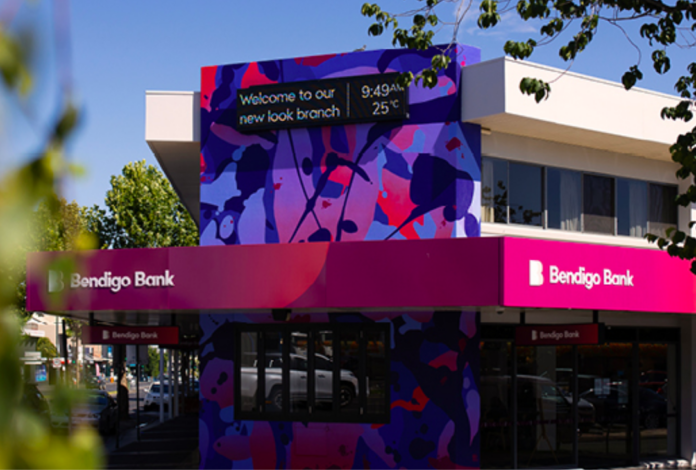Bendigo and Adelaide Bank, based in Australia, has partnered with MongoDB to modernise its core banking technology with MongoDB Atlas as the keystone of an ambitious application modernisation initiative.
During the initiative, the bank reduced the development time required to migrate a core banking application off of a legacy relational database to MongoDB Atlas by up to 90%.
Bendigo and Adelaide Bank migrated onto MongoDB Atlas at one-tenth of the cost of a traditional legacy-to-cloud migration.
Also, the bank automated repetitive developer tasks with new AI tooling in order to accelerate developers’ pace of innovation. For example, AI-powered automations reduced time spent running application test cases from over 80 hours to just five minutes.
In less than three months, the bank modernised its agent delivery system (ADS), a legacy retail banking application, on MongoDB Atlas with the help of MongoDB Relational Migrator and generative AI-assisted modernization tools.
ADS is a retail teller application for the bank’s agent branches, and is used in communities where digital banking functionality is made available from non-bank businesses, like newsagents or pharmacies.
Prior to partnering with MongoDB, the bank ran the system on a legacy relational database that lacked the flexibility to easily evolve to reflect the complex data mapping requirements that today’s modern applications demand.
Because of these database-related challenges, the bank’s analysts and developers were committing significant effort to complex database management tasks in order to keep the application running.
Specifically, the bank sought to adopt a new microservices architecture to help integrate its data and a robust API ecosystem — a series of connective mechanisms that enable easy data exchange — to facilitate fast, easy data flow between the bank’s applications, third parties, and consumers.
The bank chose MongoDB Atlas as the underlying platform for its tech stack because of its ability to manage the bank’s real-time, operational data on a unified platform, and because of the intuitive developer experience offered by MongoDB’s document model, which maps to how developers think and code, enabling them to build applications faster.
With this migration, Bendigo and Adelaide Bank has eliminated volumes of routine code writing and programming work with automated generative AI tooling, which has empowered the bank’s developers to innovate with increased agility and more quickly deploy highly-available and performant application features that enhance end-user experiences.
“Now, our lean, highly skilled team can ask MongoDB Atlas and the generative AI tooling MongoDB’s Professional Services team built for us to do really smart things, leaving our developers free to focus on other ways they can deliver great outcomes for our customers,” said Andrew Cresp, CIO at Bendigo and Adelaide Bank.
“We’ve started by modernising our most critical applications, and next, we intend to tackle a number of other outdated legacy applications across the bank, putting us on track to meet our target of 50 percent of our critical workloads in the cloud by the end of the year,” said Cresp.



